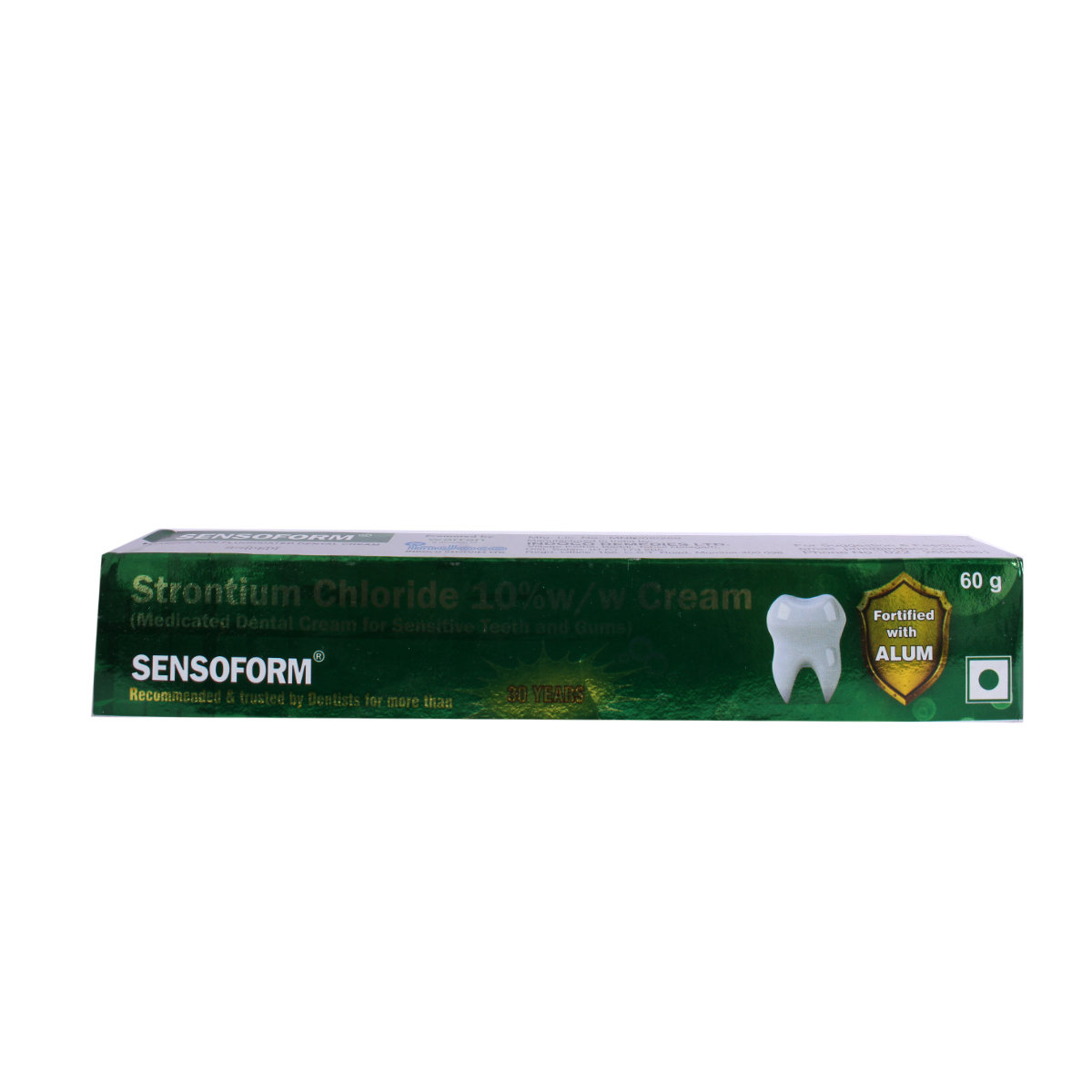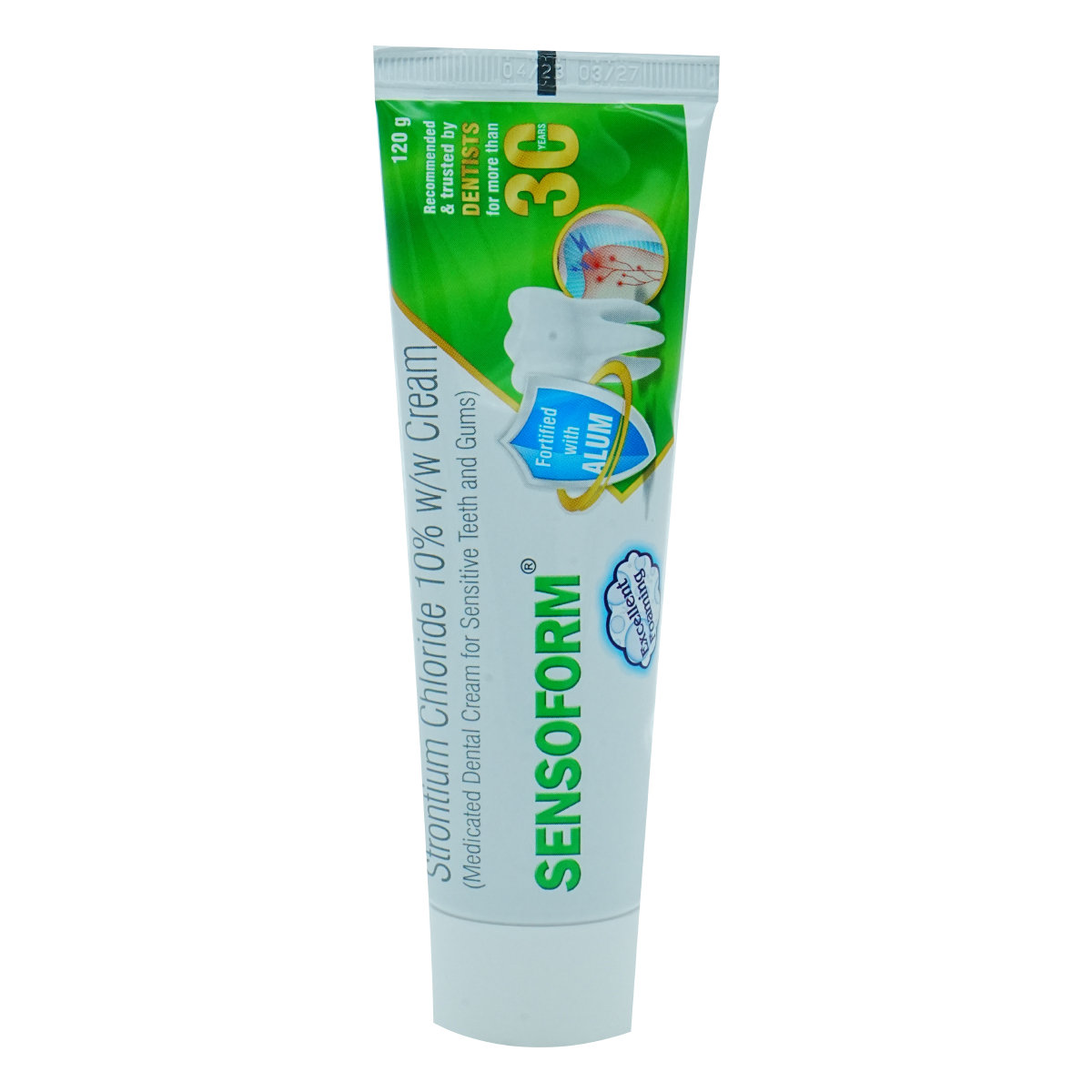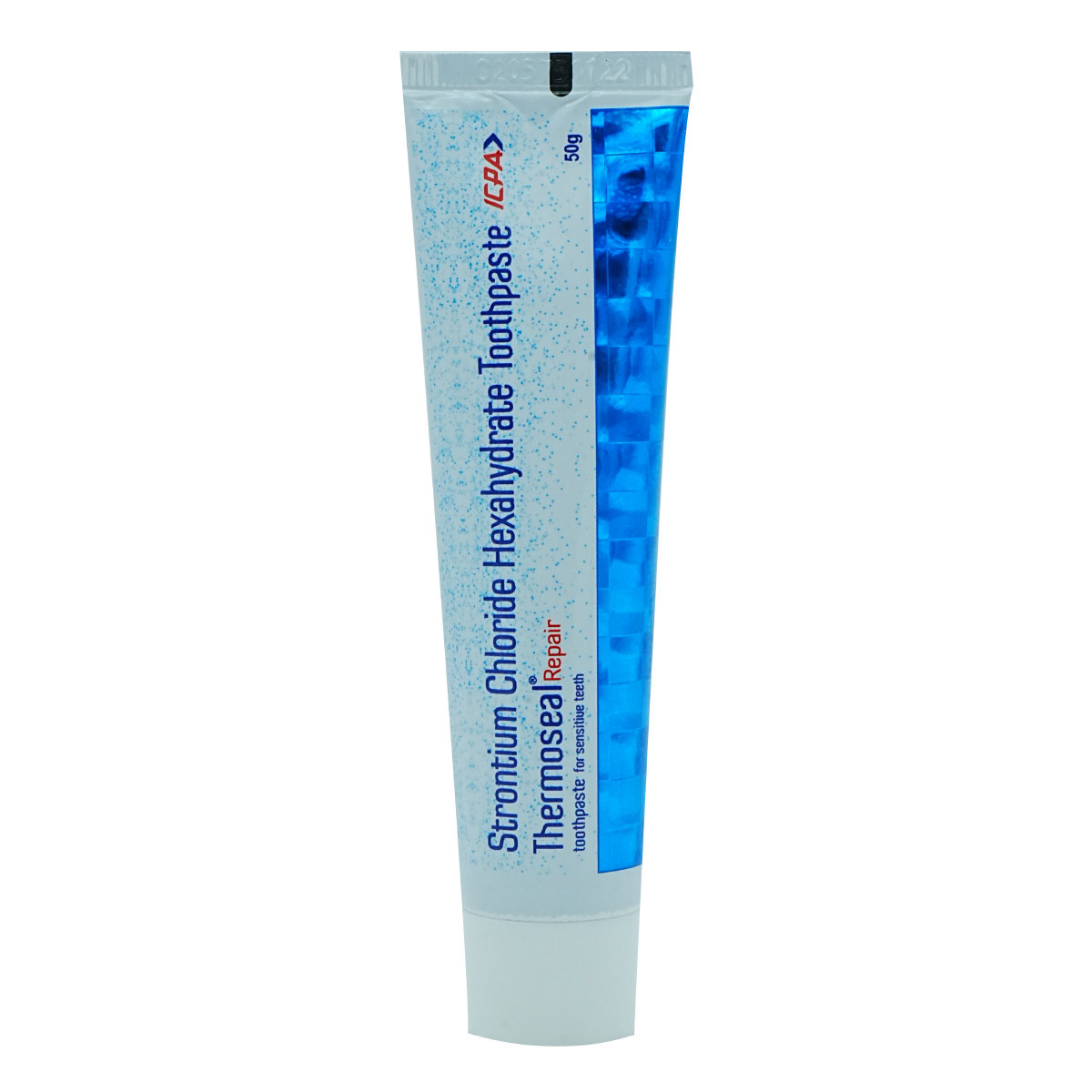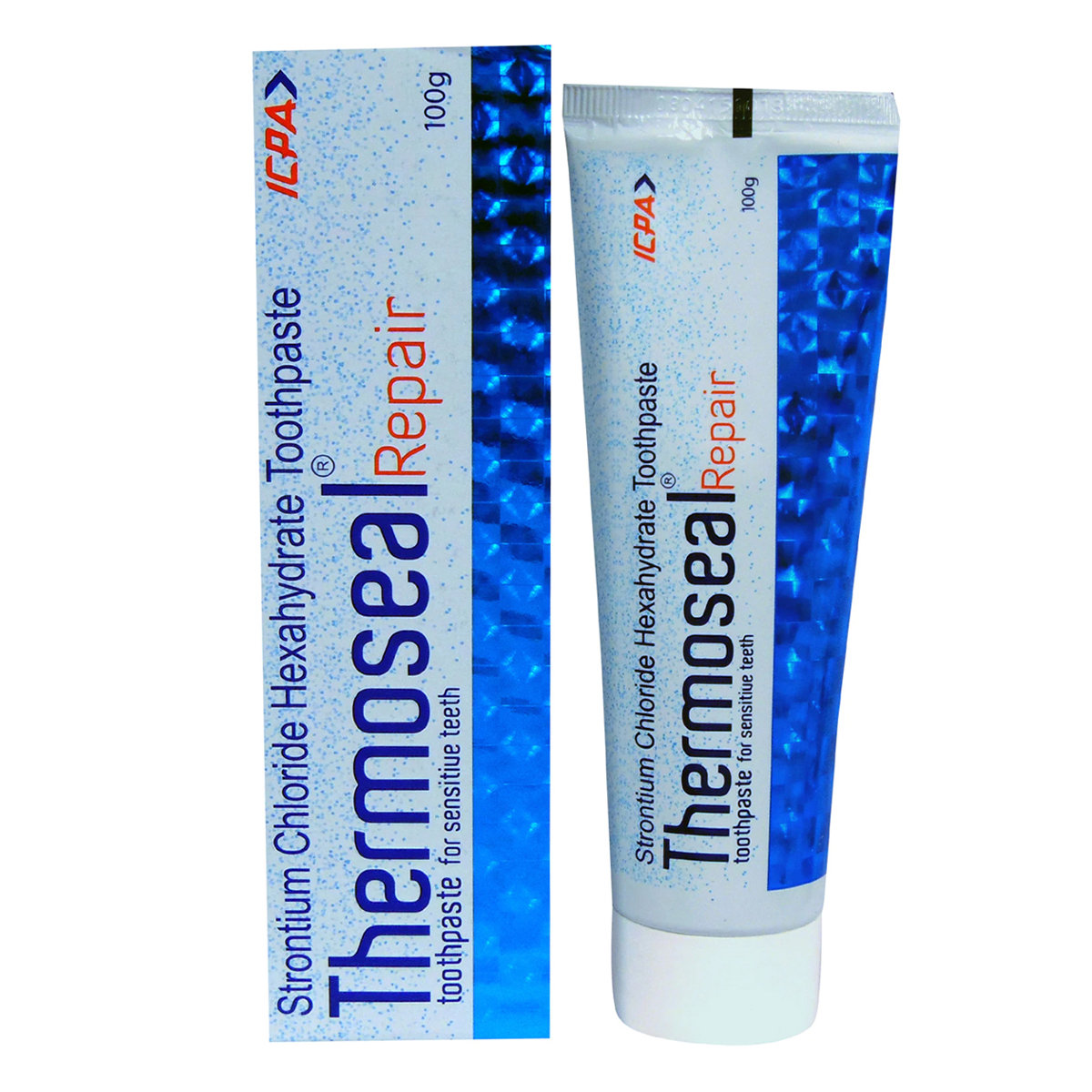Strontium
About Strontium
<p class="text-align-justify" style="margin:0cm;"><span style="color:#0E101A;font-size:11.0pt;"><strong>Strontium</strong> belongs to the class of non-hormonal medication. It is used to treat severe osteoporosis (weak and brittle bones) in post-menopausal women and adult men at high risk of fracture, for whom other alternative treatments are not possible. Osteoporosis is a bone disease that weakens and thins bones by decreasing bone density, common in post-menopausal women. As the density of bones decreases, they weaken and are more likely to break.</span><o:p></o:p></p><p class="text-align-justify" style="margin:0cm;"> </p><p class="text-align-justify" style="margin:0cm;"><span style="color:#0E101A;font-size:11.0pt;" data-preserver-spaces="true">Strontium containing the active substance Strontium Ranelate. It works by reducing bone breakdown and stimulating the rebuilding of bone and, therefore, reduces the risk of fracture.</span><o:p></o:p></p><p class="text-align-justify" style="margin:0cm;"> </p><p class="text-align-justify" style="margin:0cm;"><span style="color:#0E101A;font-size:11.0pt;" data-preserver-spaces="true">Take Strontium as prescribed. Your doctor will recommend how often you take Strontium based on your medical condition. Some people may experience feeling or being unwell, diarrhoea, headache, skin irritation, memory troubles, and temporary loss of consciousness. Most of these side effects of Strontium do not require medical attention and gradually resolve over time. However, if the side effects persist or worsen, please consult your doctor.</span><o:p></o:p></p><p class="text-align-justify" style="margin:0cm;"> </p><p class="text-align-justify" style="margin:0cm;"><span style="color:#0E101A;font-size:11.0pt;" data-preserver-spaces="true">Strontium is only intended for use in post-menopausal women. So, it is recommended not to use it in pregnant or breastfeeding women. Strontium is not recommended for children below 18 years as the safety and effectiveness were not established. Drive only if you are alert, as Strontium may cause temporary loss of consciousness. It is recommended not to use Strontium if you are allergic to strontium ranelate or any of the other ingredients of this medicine or if have or have had a blood clot, immobilised permanently, have or have had ischaemic heart disease, or cerebrovascular disease, problems with your blood circulation, have had surgery on the arteries of your legs, and high blood pressure not controlled by treatment.</span><o:p></o:p></p>
Uses of Strontium
Osteoporosis in post-menopausal women, in adult men
Medicinal Benefits
<p class="text-align-justify" style="margin:0cm;"><span style="color:#0E101A;font-size:11.0pt;">Strontium contains the active ingredient strontium ranelate. It is used to treat severe osteoporosis in postmenopausal women and adult men who are at high risk of fracture and have no other treatment options. Strontium ranelate lowers the risk of fracture at the spine and hip in postmenopausal women. It reduces bone breakdown and stabilises bone rebuilding, lowering the fracture risk.</span><o:p></o:p></p>
Directions for Use
- Taken by mouth, usually as a powder to be dissolved in water and taken at bedtime.
- Should be taken on an empty stomach, away from food, calcium, or dairy (which may interfere with absorption).
Storage
Side Effects of Strontium
Feeling or being unwell
Diarrhoea
Headache
Skin irritation
Memory troubles
Temporary loss of consciousness
Angioedema (such as swollen face, tongue or throat, difficulty in breathing or swallowing)
Bone, limb, muscle and/or joint pain
Muscle cramps
Drug Warnings
Before taking the Strontium, let your doctor know about all your medical conditions, sensitivities, and medications you are using. Do not take Strontium if you are allergic to any components present in Strontium or if you are pregnant or breastfeeding. If you have high blood pressure, high cholesterol, diabetes, or smoking, or if you are at risk of blood clots, or if you have severe kidney disease, speak with your doctor before taking Strontium. Your doctor will check the condition of your heart and blood vessels on a regular basis, usually every 6 to 12 months, for the duration of your treatment with Strontium.
Drug Interactions
Drug-Drug Interactions: Strontium may interact with oral antibiotics (e.g. tetracycline), and medicinal products containing calcium may reduce the bioavailability of strontium ranelate. So, the administration of Strontium and such products should be separated by at least two hours.
Drug-Food Interactions: No interactions found/established.
Drug-Disease Interactions: Inform your doctor if you have had a blood clot, ischaemic heart disease, or cerebrovascular disease, problems with your blood circulation, have had surgery on the arteries of your legs, immobilised permanently, and high blood pressure not controlled by treatment.
Drug-Drug Interactions Checker List:
Safety Advice

Alcohol
cautionYou are recommended not to consume alcohol along with Strontium to avoid unpleasant side effects.

Pregnancy
unsafeStrontium is only intended for use in post-menopausal women. You should not take Strontium if you are or think you may be pregnant.

Breast Feeding
unsafeStrontium is only intended for use in post-menopausal women. You should not take Strontium if you are breast-feeding.

Driving
cautionStrontium has no or negligible direct influence on the ability to drive and use machines. In some cases, patients may experience temporary loss of consciousness that may influence the ability to drive and use machines.

Liver
cautionSpecial care should be taken while using Strontium in liver patients. So, inform your doctor before receiving the Strontium if you have a history of liver diseases/conditions. Your doctor may monitor your liver condition regularly if required.

Kidney
cautionStrontium is not recommended in patients with a creatinine clearance below 30 ml/min.

Children
unsafeStrontium should not be given to children and adolescents less than 18 years of age.
Habit Forming
Diet & Lifestyle Advise
It is recommended to consume calcium and vitamin D in diet to strengthen bones and avoid everyday osteoporosis dangers.
A post-menopausal woman should limit salt intake as it can pose a high risk of losing more bone minerals than other women of the same age.
Regular exercise, like weight-bearing exercises, is important for maintaining bone health.
Calcium is important for making bones strong. Vitamin D is equally important, which helps ensure calcium absorption and retention in bones, so take food high in calcium and vitamins.
Avoid or reduce the intake of caffeine, soft drinks, and alcohol that inhibit calcium absorption.
Special Advise
- Your doctor may check the condition of your heart and blood vessels on a regular basis, usually every 6 to 12 months, for the duration of your treatment with Strontium.
Patients Concern
Disease/Condition Glossary
<p class="text-align-justify" style="margin:0cm;"><span style="color:#0E101A;font-size:11.0pt;"><strong>Osteoporosis:</strong></span><span style="color:#0E101A;font-size:11.0pt;" data-preserver-spaces="true"> “Osteo†means bone, and “porosis†means something with holes in it, like a sponge. Therefore, osteoporosis is a disease that causes bones to become more porous, gradually making them weaker, more brittle and more likely to break.</span><o:p></o:p></p>
FAQs
Strontium containing the active substance Strontium Ranelate. It works by reducing bone breakdown and stimulating the rebuilding of bone and, therefore, reduces the risk of fracture.
“Osteo†means bone, and “porosis†means something with holes in it, like a sponge. Therefore, osteoporosis is a disease that causes bones to become more porous, gradually making them weaker, more brittle and more likely to break.
Persons whose age is more than 35 years have low estrogen levels, females reaching menopause, too much alcohol consumption, tobacco or caffeine, and lack of calcium and vitamin D in foods are some of the factors that can increase the risk of osteoporosis.
Strontium is part of a complete program that includes modifications in diet, regular exercise, bone mineral density testing, and calcium and vitamin supplements intake. Follow all the guidelines given by the doctor very closely.
Strontium may reduce calcium levels in the blood by preventing calcium reabsorption from bones to the blood. Therefore, your doctor may prescribe calcium and vitamin D supplements, and you may be advised to take them for at least ten days after receiving Strontium.








